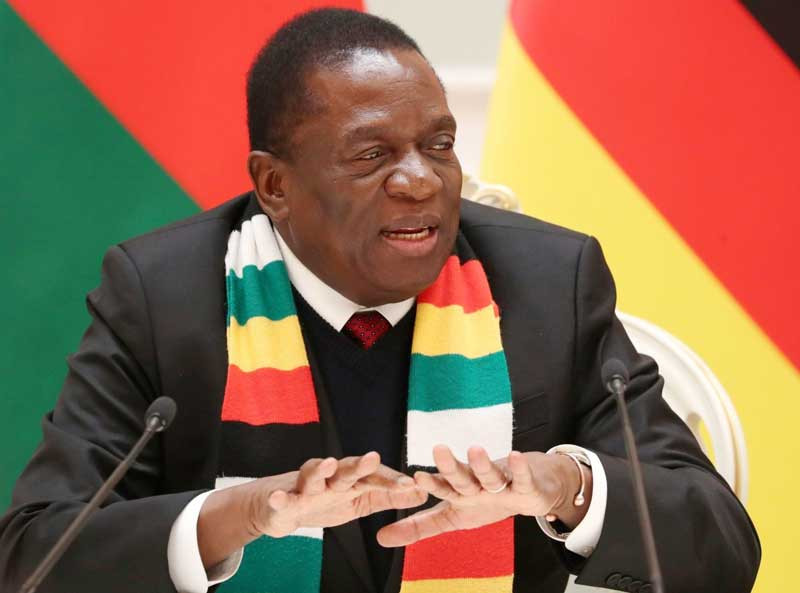
President Emmerson Mnangagwa’s assurances that he will step down when his second and final term ends in 2028 came as a huge relief for many that were becoming increasingly worried by manoeuvres from a Zanu PF clique that wanted to subvert the constitution.
Mnangagwa, who came to power in 2017 after a coup that toppled the late Robert Mugabe, told people at an event in Mutare last week that he would respect the constitutional term limits and hand over the baton to the next leader.
His remarks came amid reports that the military was not comfortable with those campaigning for the 81-year-old ruler to stay in power beyond 2028.
A Zanu PF faction loyal to Mnangagwa had started a campaign with a slogan insinuating that he would still be in power in 2030.
There were many theories around what he would do to hang on to power beyond the constitutional term limits, but there was speculation that Zanu PF wanted to amend the constitution in order to delink presidential and parliamentary elections.
Mnangagwa did not help the situation when he started chanting the 2030 slogan at public events. The campaign was mainly being pushed by his loyalists from his home province of Midlands and Masvingo where he has a strong political base.
In Mutare, Mnangagwa said: “Our (Zanu PF constitution) says that after every five years, we go to congress…at the congress, we elect our president.
“The elected president is supposed to serve two five-year terms. I served my first five terms, and we went to congress, and you re-elected me.
- Corruption Watch: Get scared, 2023 is coming
- Corruption Watch: Get scared, 2023 is coming
- Letters: Ensuring Africa’s food security through availability of quality seeds
- Is military's involvement in politics compatible with democracy?
Keep Reading
“Now I am serving my last five years, it ends soon and I will go and rest. We then go to to congress to elect somebody else.”
The announcement was greeted with scepticism because Mnangagwa does not have a good track record of keeping his word.
After the coup he declared that Zimbabwe was “witnessing the beginning of a new and unfolding democracy”.
The truth is that there is not much of a difference between Zimbabwe under Mugabe and the one ruled by Mnangagwa.
Mnangagwa’s regime has virtually banned freedom of assembly and association and amended the constitution that was only adopted in 2013 more than 27 times.
It is against that background that some refused to celebrate Mnangagwa’s public commitment that he will respect the constitution when his current term ends, but we welcome the fact he knows hanging on to power will not be a good thing for democracy.










